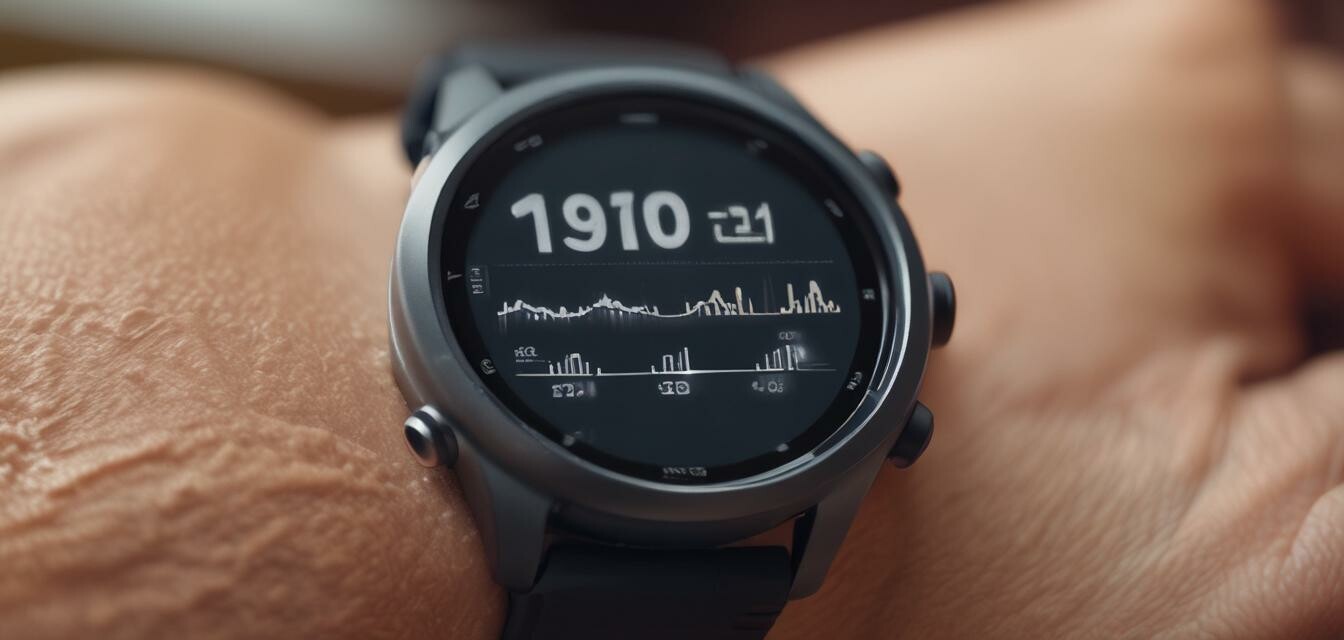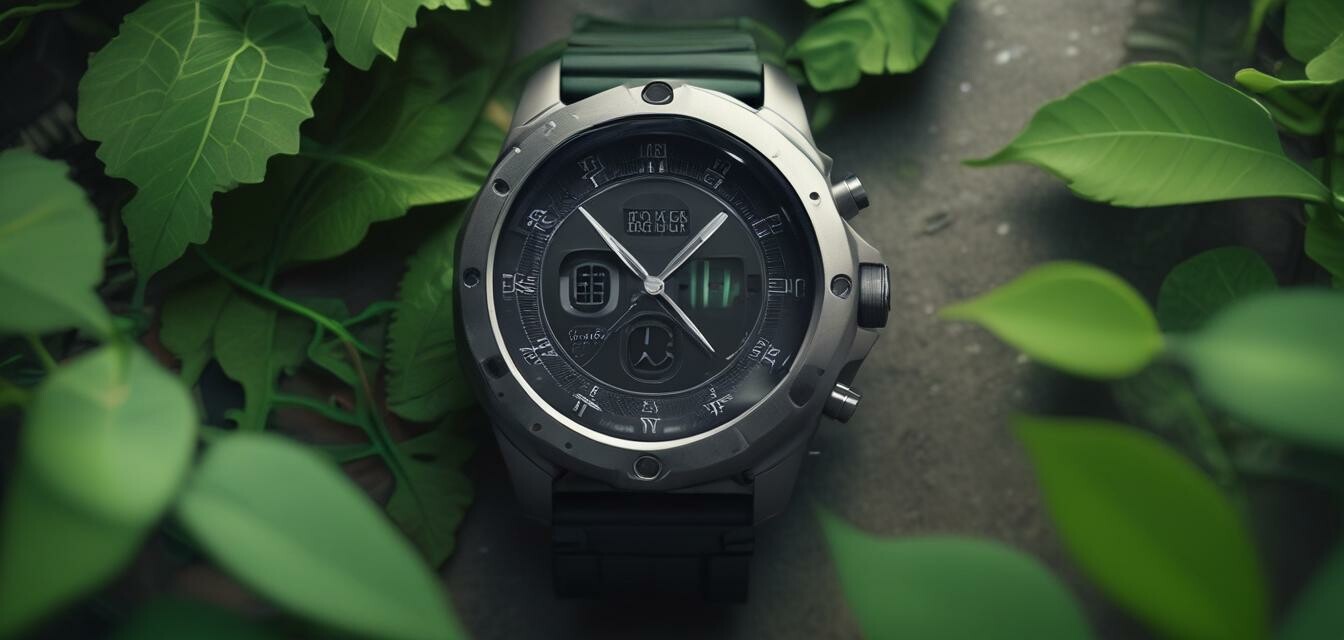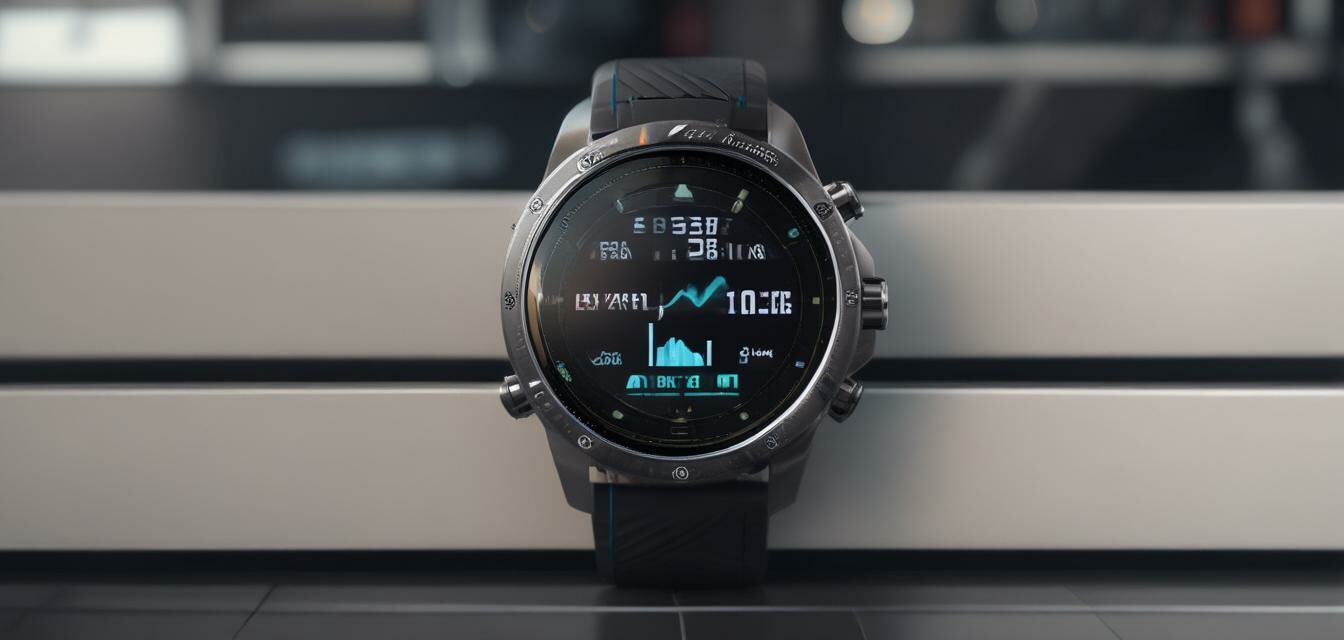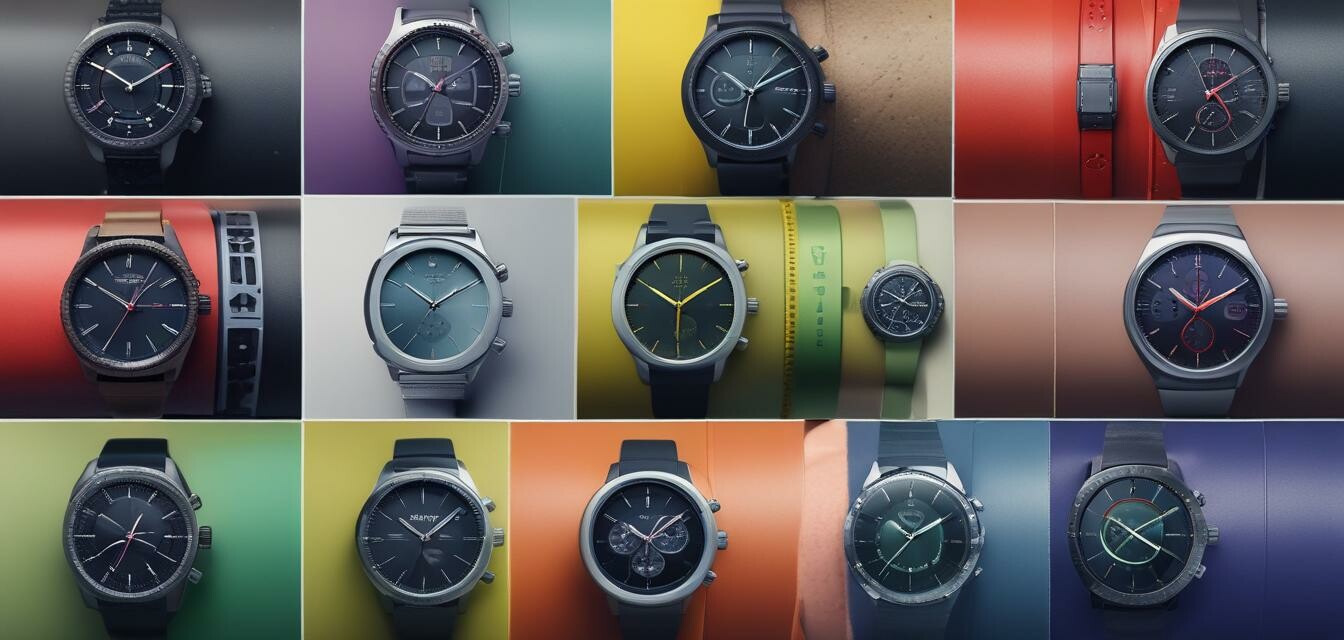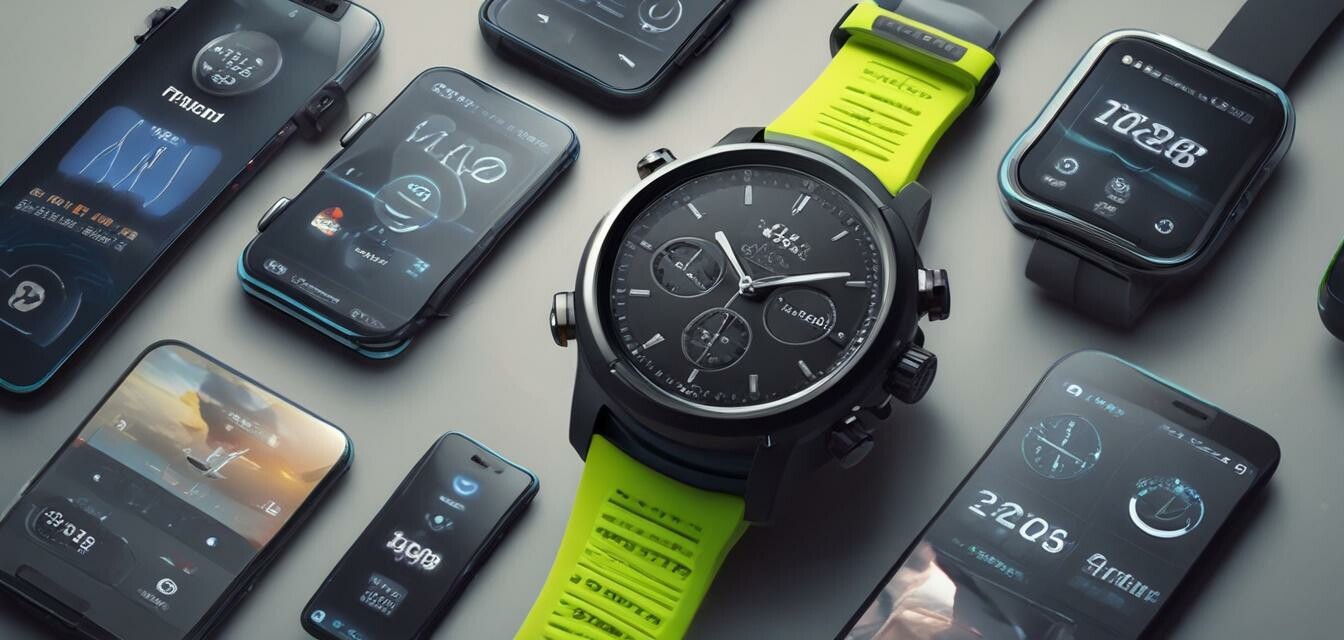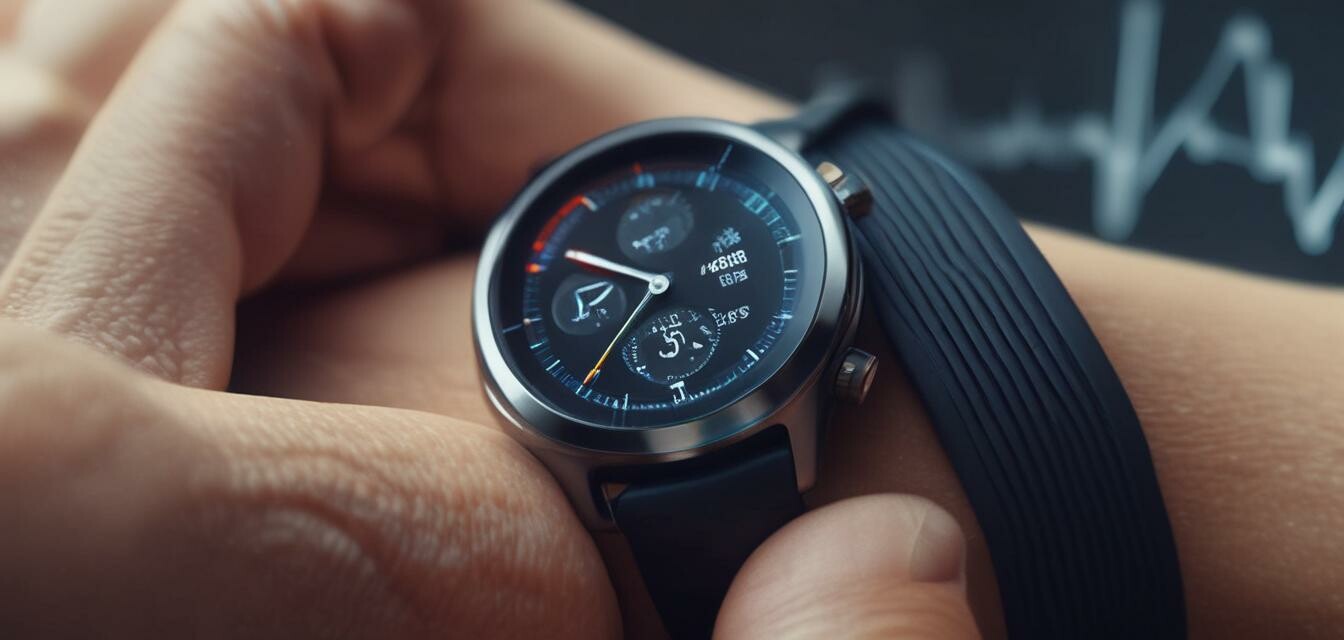Smartwatches vs Fitness Trackers
Key Takeaways
- Smartwatches offer a wide range of features beyond fitness tracking, including notifications, apps, and customizable interfaces.
- Fitness trackers are more focused on health monitoring and physical activity, often providing longer battery life.
- Your personal needs and preferences play a significant role in deciding between a smartwatch and a fitness tracker.
The world of wearable technology is booming, and two of the most popular kinds are smartwatches and fitness trackers. Both devices help you monitor your health and wellness, but they each have unique features that cater to different needs. In this article, we’ll explore the differences between smartwatches and fitness trackers, helping you decide which is right for you.
What is a smartwatch?
A smartwatch is a versatile device that goes beyond fitness features to offer various functionalities. These can include:
- Notifications for calls, messages, and emails
- Apps for productivity, entertainment, and navigation
- Touchscreen interfaces resembling your smartphone experience
- Customization options with watch faces and bands
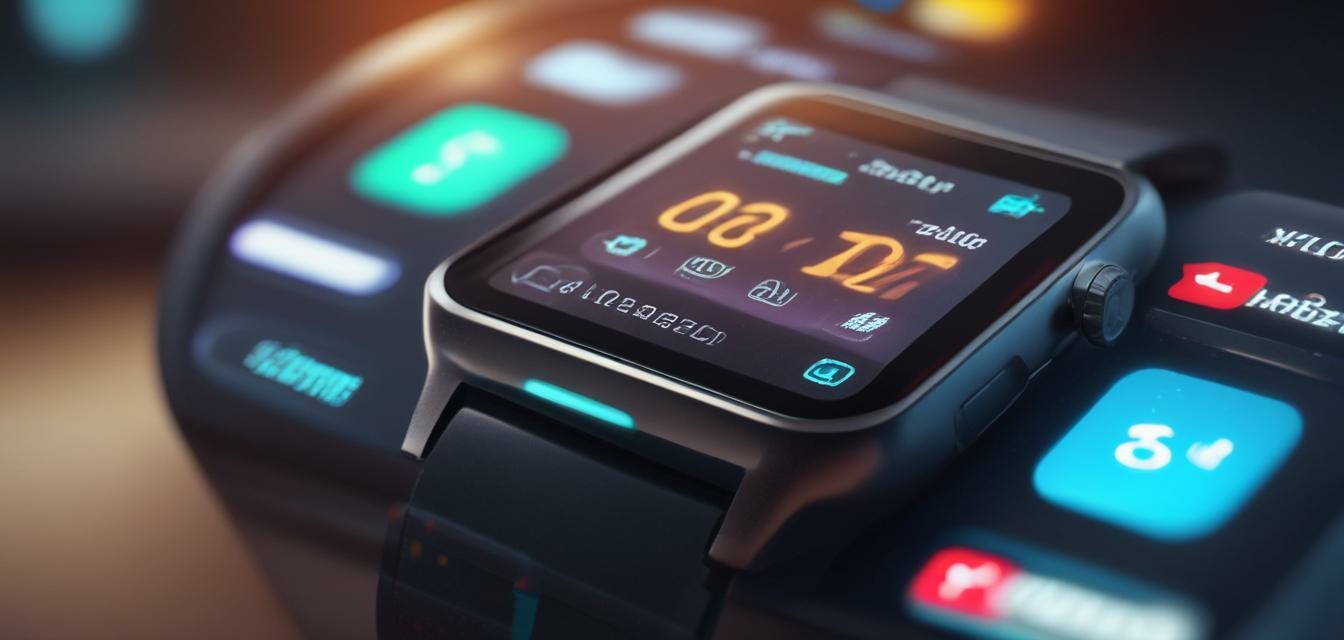
What is a fitness tracker?
Fitness trackers, on the other hand, focus primarily on health and fitness monitoring. Their main features often include:
- Step counting and distance tracking
- Heart rate monitoring
- Sleep tracking capabilities
- Exercise modes for specific workouts
Comparing features: Smartwatches vs Fitness Trackers
| Feature | Smartwatch | Fitness Tracker |
|---|---|---|
| Notifications | Yes | No |
| App Integration | Yes | Limited |
| Health Monitoring | Basic | Advanced |
| Battery Life | 1-3 days | 5-14 days |
| Customization | High | Moderate |
Who should choose a smartwatch?
If you enjoy being connected on the go, a smartwatch might be the better option for you. Here are some typical users:
- Individuals who manage a busy schedule and need quick access to notifications
- Those who like to customize their devices with various apps
- People interested in the broader capabilities of wearable technology beyond fitness tracking
Who should choose a fitness tracker?
A fitness tracker is ideal if your primary goal is to monitor your health and fitness activities. Typical users include:
- Athletes and fitness enthusiasts focused on performance metrics
- Individuals who prioritize battery life for long-term activities
- People looking for simpler devices specifically for fitness purposes
Pros of smartwatches
- Wide range of apps and features
- Beautiful designs with high-resolution displays
- Convenient notifications and quick access to smartphone features
Cons of smartwatches
- Shorter battery life compared to fitness trackers
- Can be more expensive
Pros of fitness trackers
- Focusing on fitness features
- Longer battery life
- Generally more affordable
Cons of fitness trackers
- Limited functionality beyond fitness
- Fewer customization options
Conclusion: Making the choice
Deciding between a smartwatch and a fitness tracker ultimately boils down to your individual preferences and needs. If you're looking for a device that offers more versatility, a smartwatch may be the way to go. However, if your primary focus is on fitness metrics, consider a fitness tracker for its specialized features.
Beginners Tips
- Consider your primary reason for purchasing: is it health, connectivity, or aesthetics?
- Try out displays in stores to see which interface you prefer.
- Check the compatibility with your smartphone to ensure it works seamlessly.


